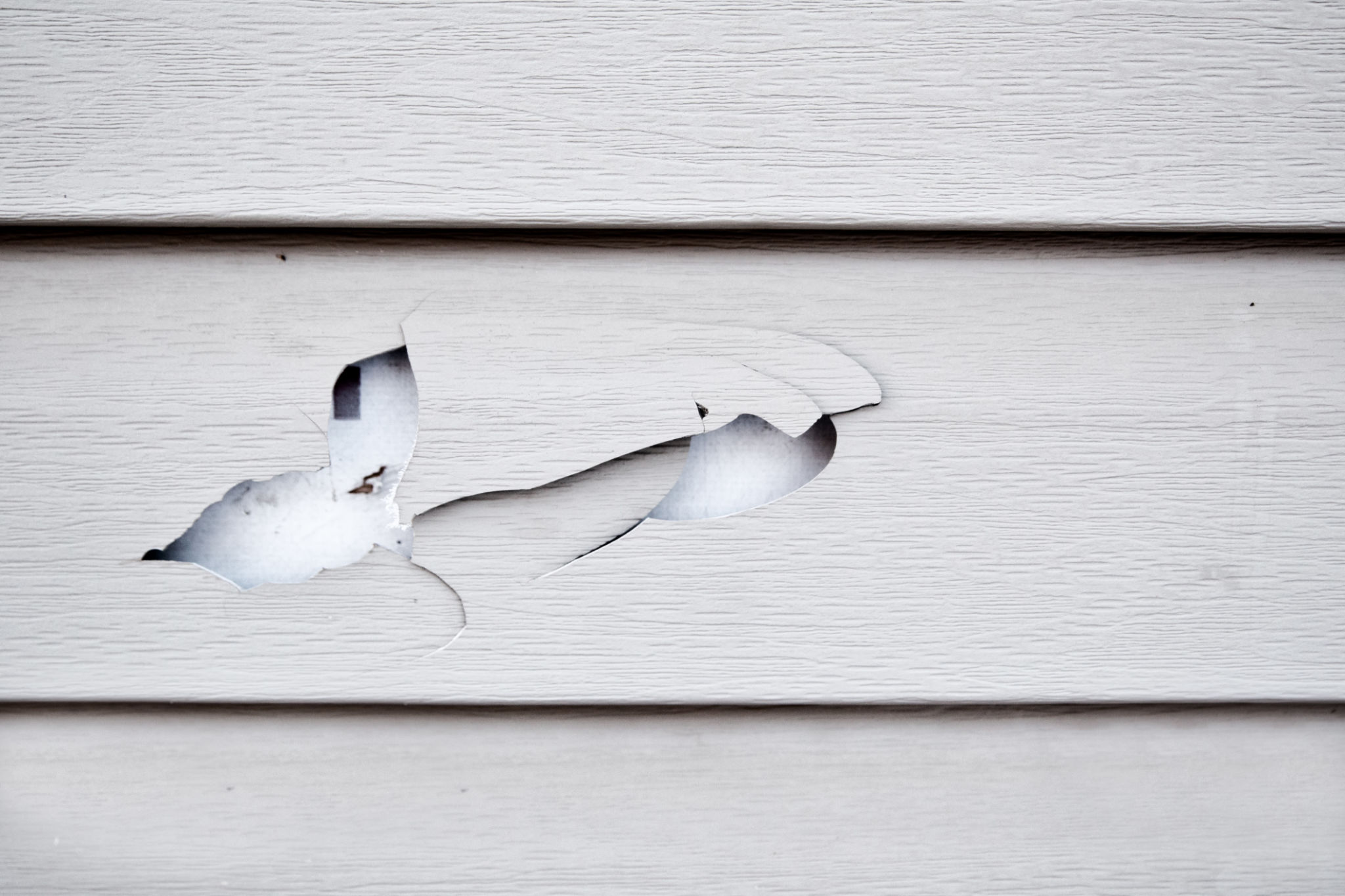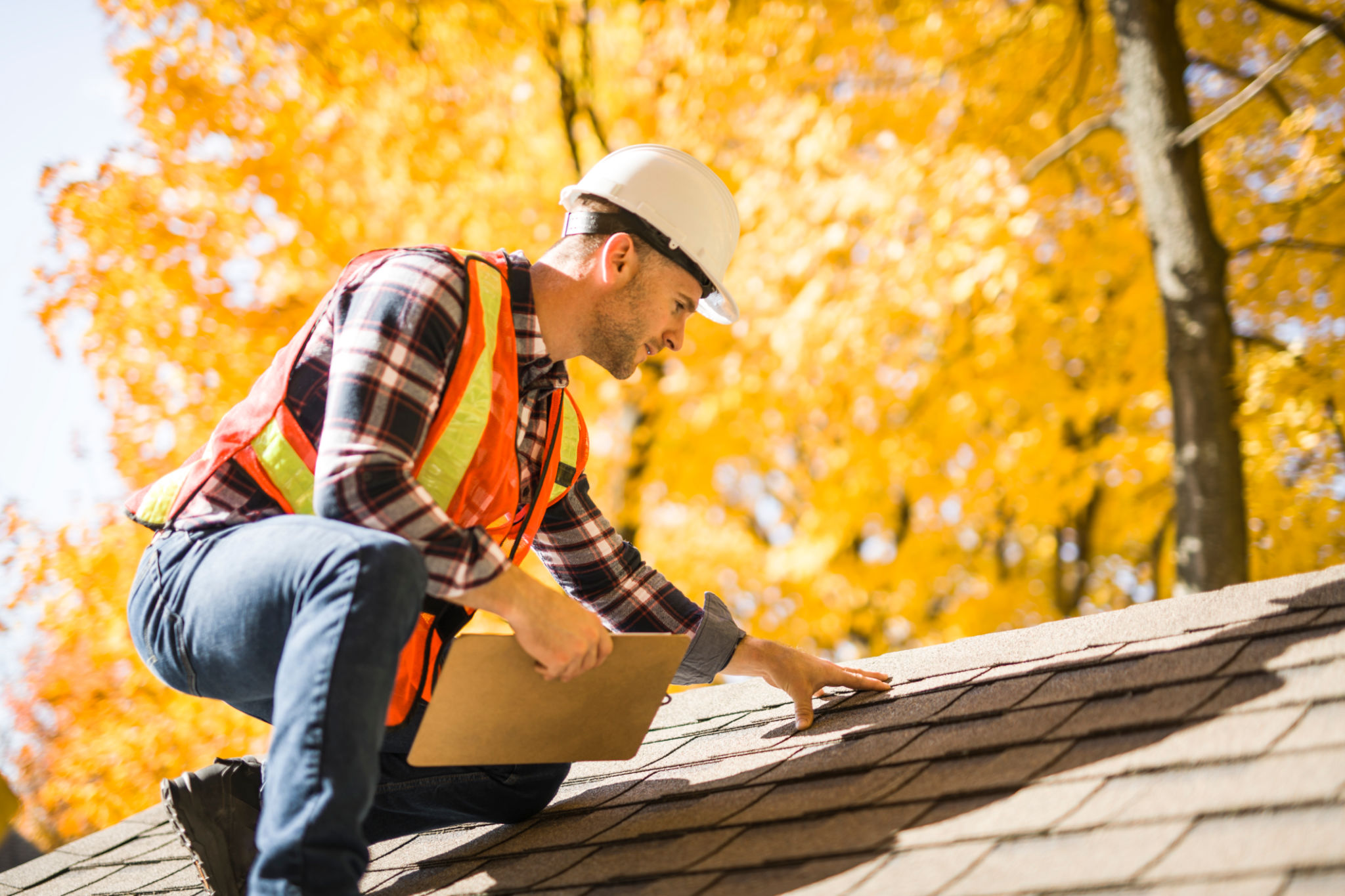Top Questions Answered About Siding Replacement in Chesterfield
Understanding the Need for Siding Replacement
Siding replacement is a critical home improvement task that can significantly enhance the appearance and value of your property in Chesterfield. But how do you know when it’s time to replace your siding? Look for signs such as cracked or warped panels, peeling paint, or increased energy bills. These indicators suggest that your siding might not be providing adequate protection against the elements anymore.

Another reason to consider siding replacement is the aesthetic appeal. Over time, styles and materials evolve, and updating your siding can give your home a modern look. Additionally, new siding can improve insulation, leading to better energy efficiency and lower utility costs.
What Are the Best Siding Materials?
Choosing the right material for your siding replacement can be overwhelming given the variety of options available today. Some of the most popular materials include vinyl, fiber cement, wood, and metal. Each has its unique benefits and drawbacks.
Vinyl siding is affordable and requires minimal maintenance, making it a favorite among homeowners. Fiber cement offers durability and a wide range of styles but can be more expensive. Wood provides a classic look but demands regular upkeep to prevent pests and rot. Metal siding, often made from aluminum or steel, is durable and fire-resistant but might be prone to dents.

How Much Does Siding Replacement Cost?
The cost of siding replacement in Chesterfield varies based on several factors such as the material chosen, the size of your home, and labor costs. On average, homeowners might spend anywhere from $5,000 to $20,000 for a complete siding replacement project.
To get an accurate estimate, it's advisable to get quotes from multiple contractors. Ensure they provide detailed breakdowns of costs so you can make an informed decision. Also, consider the long-term savings from reduced maintenance and improved energy efficiency when evaluating costs.
How to Choose a Reliable Contractor?
Selecting the right contractor is crucial for a successful siding replacement project. Start by researching local contractors in Chesterfield and checking their credentials. Look for reviews and testimonials from previous clients to gauge their reputation and reliability.

It’s important to ensure that your chosen contractor is licensed and insured. This protects you from liability in case of accidents during installation. Additionally, ask for a portfolio of their past work to assess their expertise and quality of craftsmanship.
What Is the Installation Process Like?
The installation process for siding replacement involves several steps. First, the old siding is removed, revealing any underlying damage that needs repair. Next, a weather-resistant barrier is installed to protect your home from moisture.
The new siding panels are then carefully installed, ensuring they are securely fastened and properly aligned. Finally, the finishing touches such as trim and caulking are added to ensure a polished look and added protection against the elements.
How Long Does Siding Last?
The lifespan of siding depends largely on the material used and how well it is maintained. Vinyl siding can last up to 40 years with proper care, while fiber cement can last over 50 years. Wood siding may require more frequent maintenance but can also last several decades if well cared for.

Regular inspections and maintenance are key to extending the life of your siding. This includes cleaning, repainting if necessary, and addressing any damage promptly to prevent further deterioration.
Environmental Considerations
If sustainability is important to you, consider the environmental impact of different siding materials. Some options like fiber cement are made from sustainable resources. Vinyl siding can be recycled but may release harmful chemicals if not disposed of properly.
Researching the environmental footprint of your chosen material can help you make a more eco-friendly decision. Moreover, opting for siding that improves your home's energy efficiency can contribute to reducing your overall environmental impact.
